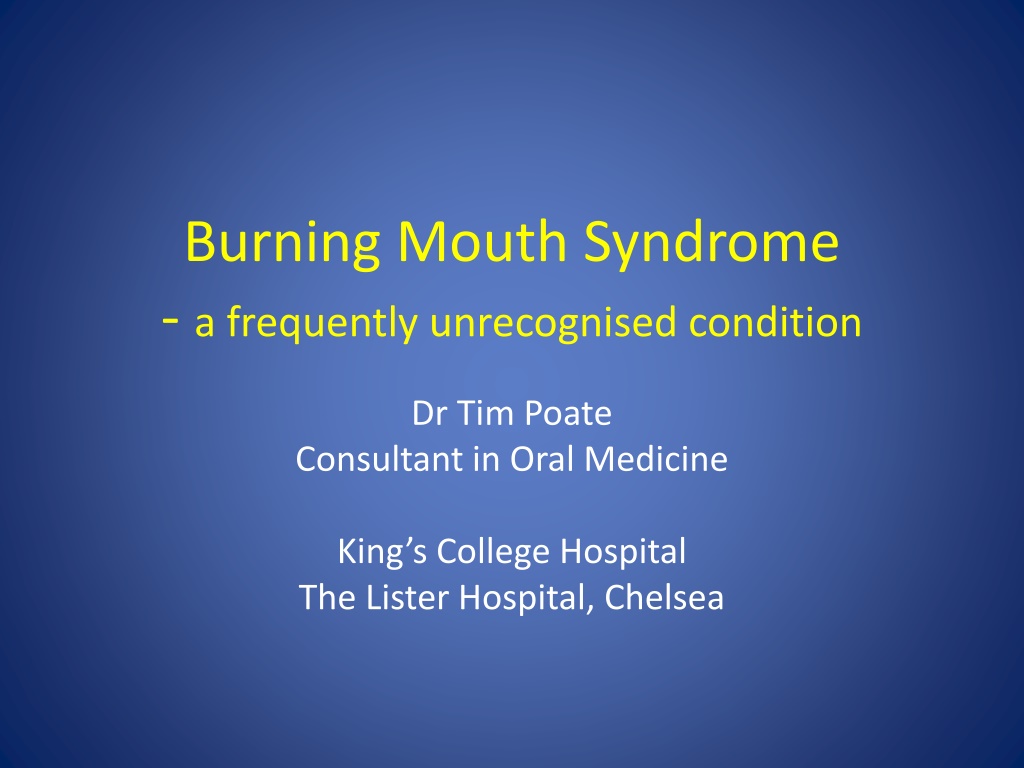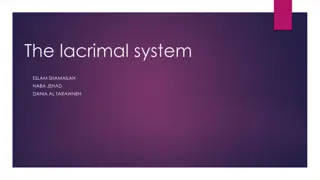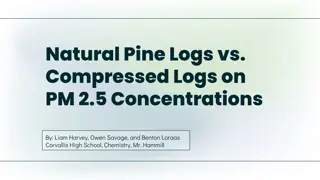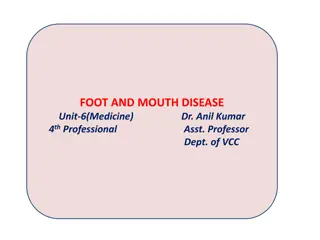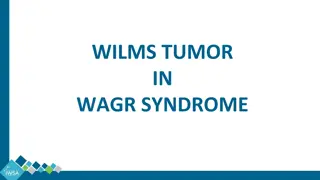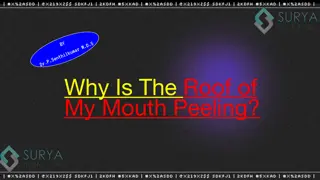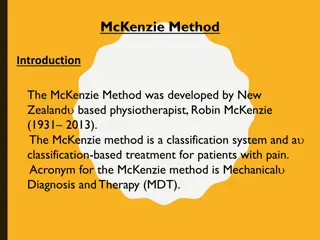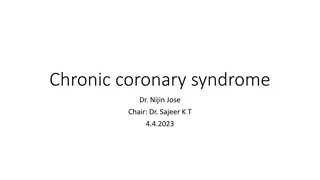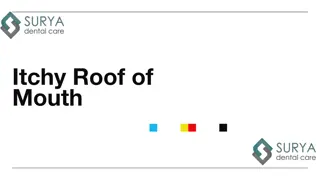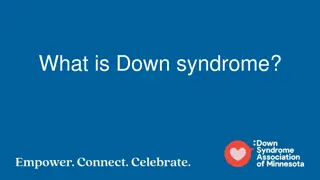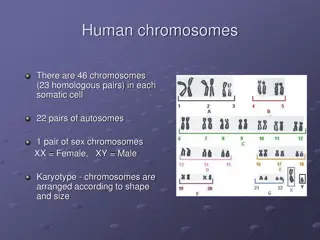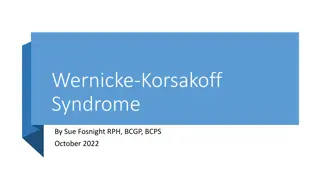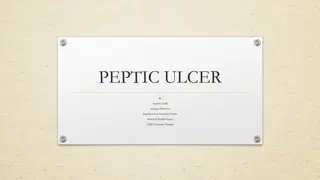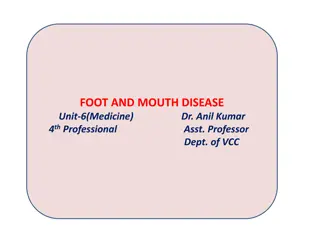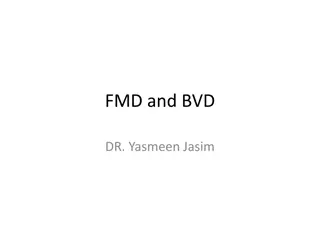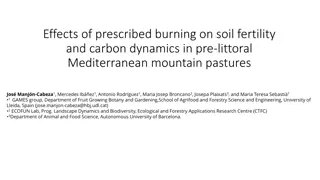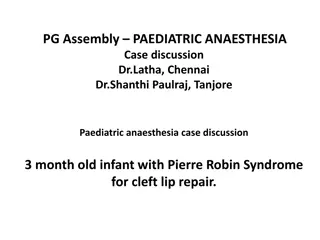Understanding Burning Mouth Syndrome: Causes, Symptoms, and Management
Burning Mouth Syndrome (BMS) is a frequently undiagnosed condition characterized by a range of symptoms such as abnormal taste, coated teeth, and feelings of scalding or peeling in the mouth. Often affecting women and menopausal individuals, BMS can lead to frustration, concern, and social impact. This article explores the classical features, different names, affected sites, and timing of BMS, shedding light on a condition that is often misunderstood and overlooked.
Download Presentation

Please find below an Image/Link to download the presentation.
The content on the website is provided AS IS for your information and personal use only. It may not be sold, licensed, or shared on other websites without obtaining consent from the author. Download presentation by click this link. If you encounter any issues during the download, it is possible that the publisher has removed the file from their server.
E N D
Presentation Transcript
Burning Mouth Syndrome - a frequently unrecognised condition Dr Tim Poate Consultant in Oral Medicine King s College Hospital The Lister Hospital, Chelsea
Causes of a sore mouth Mucosal diseases (Lichen planus) Anaemia Trauma Ulcers Burning Mouth Syndrome Infections (thrush) Drugs Geographic tongue Xerostomia Cancer
BMS symptoms Burning Saliva feels different Abnormal taste
BMS symptoms 2 Raw Teeth are coated Scalded Peeling Bad breath Mouth feels dirty Feeling of cracks / ulcers Feeling of sandpaper Lumpy
Different names for BMS Burning Mouth Syndrome Oral dysaesthesia Burning tongue Glossodynia Stomatodynia
Sites affected 77% 33% 31% 25% 13% 12% 10% 6% Tongue Palate Gingiva Lips Mucosa Throat FOM Other
BMS classical features Usually women Usually menopausal / post-menopausal Have often had the symptoms for months / years Have often seen many doctors / dentists / specialists Often have been repeatedly told that nothing is wrong May have been given repeated courses of antibiotic or antifungal therapy without benefit
BMS classical features Often left thinking that everyone thinks that you are making it up or it is all in the head Often think that there is a serious cause that has not yet been found Often worried that it is due to cancer Often has become a considerable cause of frustration, concern, anger, depression with a considerable impact on mood, social life, relationships and enjoyment of life.
BMS - timing Type 1 Pain-free on awakening Burning commences in late morning Increase in severity throughout day Reaches a peak in the evening. Type 2 Continuous symptoms throughout the day Type 3 Intermittent symptoms
BMS common associations Stress Depression Other chronic pains Anxiety Irritable bowel Syndrome Chronic fatigue
BMS causes Neuropathic Hormonal Psychogenic
How common is BMS? 1427 subjects 758 Women 669 Men Age range 20-69 PDH service registers Sweden Examined & interviewed Diagnosed with BMS BMS % 6 Bergdahl, Bergdahl Joral Pathol Med 1999; 28:350-4. 5 5.5 4 3 3.7 2 1.6 1 0 Men Women Total
What investigations are typically performed? Saliva test / swab Assess saliva flow rate Exclude raised candida count Blood test Exclude anaemia or haematinic deficiency Others - as indicated to exclude other causes
Treatment Discussion & reassurance Symptomatic Drugs Psychological
BMS - Treatment Discussion & reassurance Correct diagnosis Reassurance Explanation Correct any abnormal findings (eg candida, iron) Stress reduction Relaxation
BMS treatment Discussion & reassurance Symptomatic Drugs Psychological
Antidepressant treatment for BMS Low dose Minimal side effects Essential information for BMS patients - Needs to be taken daily for many months May take 2-3 months for effect to begin Not addictive When result achieved, and after maintaining results for several months, may be stopped / reduced / continued
Spontaneous remission Burning Mouth Syndrome: a retrospective study investigating spontaneous remission and response to treatments. Sardella al. Oral Diseases (2006)12,152-5. 4% 19% Complete remission 28% Moderate improvement 49% No change Worsening
BMS data for patients with over 3 months follow up at KCH 11% 22% Complete resolution >50% improvement 19% <50% improvement 48% No improvement
BMS data for patients with over 3 months follow up at KCH 7 6.7 6 5.8 5.7 5 4.3 4 3.7 3 2.8 2 1 0 Initial visit Visit 2 (3 months) Visit 3 (6 months) Visit 4 (12 months) Visit 5 (16 months Visit 6 (21 months)
What achieves good results ? Discussion & reassurance Symptomatic treatment Drugs - explanation Psychological therapy - availability
Annual BMS Patient Education Day King s College Hospital, London
Burning Mouth Syndrome Very distressing condition despite normal appearance of mouth Condition with considerable impact on sufferer and family Sufferers have often gone years undiagnosed despite seeing many healthcare professionals Correct diagnosis and reassurance (especially that cancer has been excluded) is vital Steps to reduce stress and increase relaxation may help Treatment is available Results may take months or even years to achieve Pain often not completely resolved Halving the severity of pain is a good result
Summary Increased awareness about Burning Mouth Syndrome in Jersey Consider BMS in patients with symptoms in absence of clinical findings Exclude other causes of a sore mouth - candidosis, anaemia, mucosal disease Reassurance Provide symptomatic treatment Consider associated factors stress, anxiety, depression Consider drug therapy, psychological therapy Consider referral
Burning Mouth Syndrome Dr Tim Poate King s College Hospital, London The Lister Hospital, Chelsea t.poate@nhs.net www.oralmedicinelondon.co.uk
